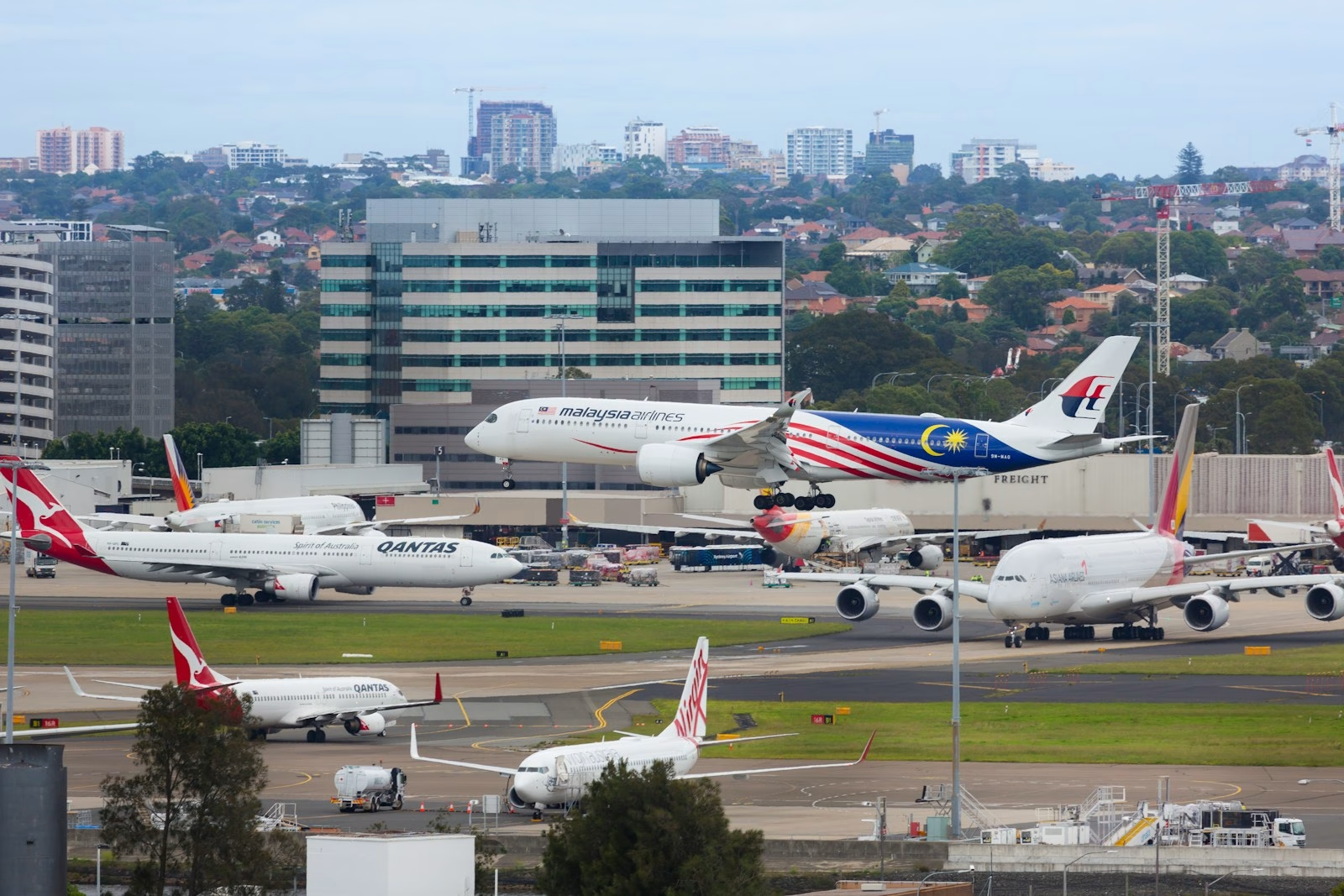
Hand-Raised Baby Manatee Canola Wins Hearts at River Safari
Singapore, 7 April 2015 – The 33 kilogram abandoned calf in River Safari’s Amazon Flooded Forest had to be watched 24 hours for the first few days, fed every two to three hours during the first three months, and re-introduced gradually to its family – a Herculean task that the team of aquarists dived into to give the baby, named Canola, a fighting chance to live.
Born on 6 August last year, Canola is the offspring of the Flooded Forest’s largest manatee – 23-year-old Eva that measures 3.5m and weighs more than 1,100kg. For unknown reasons, Eva abandoned her latest calf despite having successfully raised eight offspring in the past. Eva is also a proud grandmother of two.
To ensure that animals in River Safari retain their parental behaviours, zoologists strive to have the parents raise their offspring. In the case of Canola, there was no other option but to have aquarists hand-raise the newborn.
Mr Wah Yap Hon, Curator, Zoology, River Safari, said: “Hand-raised animals tend to imprint on their human caregivers. The babies will attach themselves to, and learn certain behaviours from their human foster parents, and may not have a chance to bond with their family or other members of their species. In the case of Eva and Canola, we stepped in as a last resort to ensure the survival of this precious baby.”
Similar to caring for a human baby, hand-raising an animal baby requires planning and hard work. For Canola, it involved bottle-feeding every two to three hours from 8:00 a.m. to 10:00 p.m. daily for the first three months. To increase her fat intake and substitute her mother’s highly nutritious milk, Canola was given a special milk formula infused with canola oil, which inspired her name. To ensure Canola’s safety, the aquarists moved her to a shallow holding pool to minimise the risk of other manatees crowding her and making it challenging for her to rise to the water’s surface to breathe.
“Under the doting care and great team effort of her human caregivers, Canola steadily gained weight and hit all the important developmental milestones of a healthy calf. By December, Canola started swimming with the rest of the herd in the main aquarium, forming close bonds with her species,” said Wah.
Since February, Canola’s caregivers have gradually cut down on her milk intake to four feedings a day to accommodate her increasing diet of vegetables. Manatees spend six to eight hours a day grazing on aquatic plants, which is why they are also known as sea cows. Adults typically consume 50 to 100 kilograms of vegetation a day, equivalent between 10 to 15 percent of their body weight.
ADVERTISEMENTS
Manatees are listed as Vulnerable in the IUCN* Red List of Threatened Species. Their numbers have declined in the last century due to hunting pressures, entrapment in commercial nets and collisions with propellers and motorboats. Through captive breeding, River Safari hopes to contribute to the population of threatened freshwater species such as the manatee. Canola’s birth is an important one as it contributes to the captive populations of manatees in zoological institutions.
River Safari’s manatee herd of 12 comprises five males and seven females, making it one of the largest collections of manatees among zoological institutions. These slow-moving mammals can be found swimming gracefully amongst giant trees alongside other aquatic species, such as the arapaima and red-tailed catfish, in the world’s largest freshwater aquarium at the Amazon Flooded Forest.
* IUCN: International Union for the Conservation of Nature








Leave a Reply